“When s*** hits the fan, is you still a fan?”: Celebrities are trying to cancel ‘cancel culture’
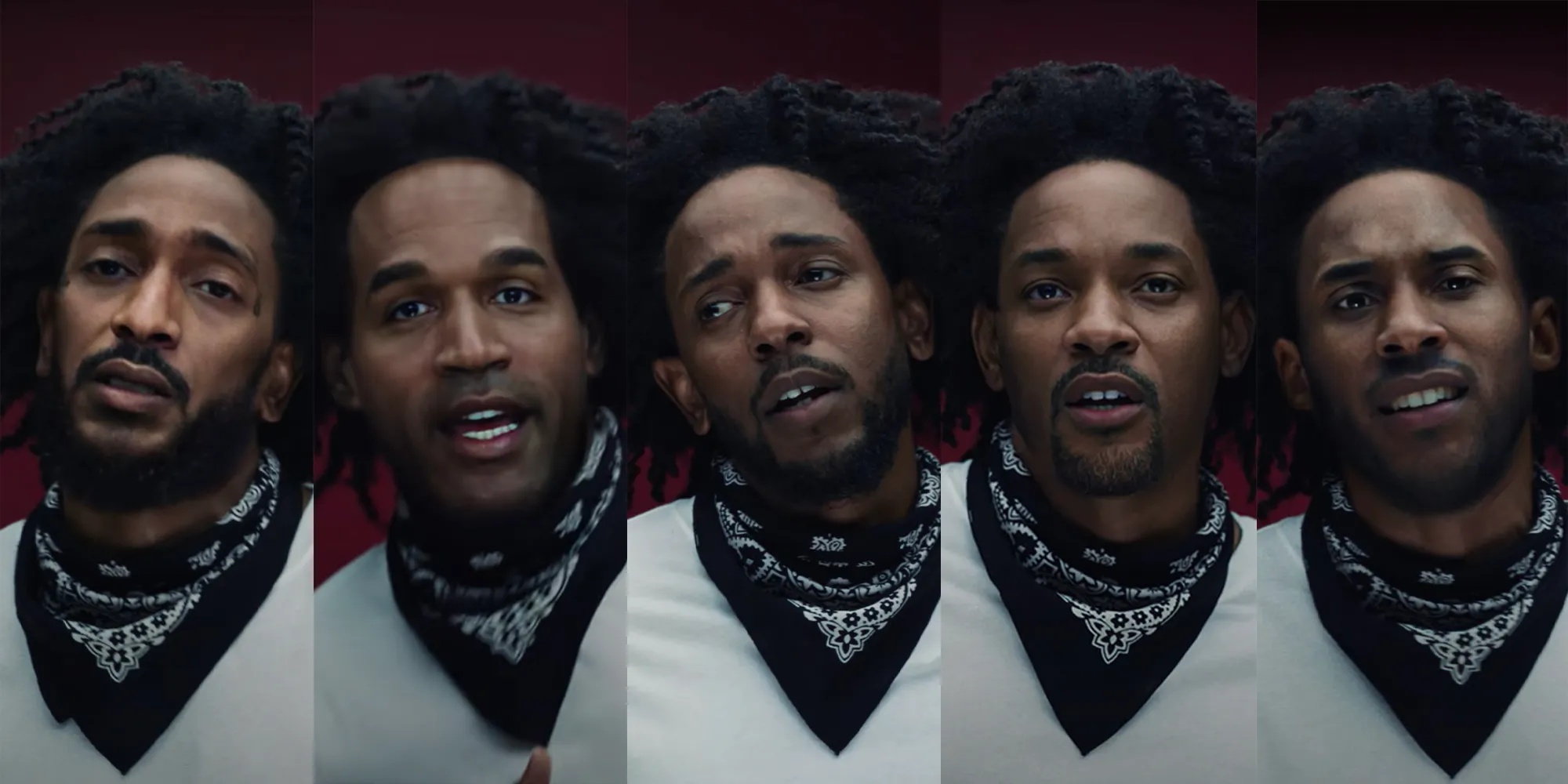
Following the much anticipated release of Kendrick Lamar’s first album release since 2017, fans spiralled into a much expected frenzy. “Mr. Morale & the Big Steppers” was shared with the world May 13th 2022, and the music critics, die hard fans and everyone in between began the discourse.
Loyalty is a theme that runs throughout Kendrick’s whole discography and one place where we watch this conflict of loyalty unfold is in Kendrick’s recent music video for “The Heart Part 5”. While this won’t be a discussion about the music itself, one thing that stuck out to me after watching Kendrick’s video is the glaring difference between the ways that we, consumers and fans, and celebrities understand cancel culture.
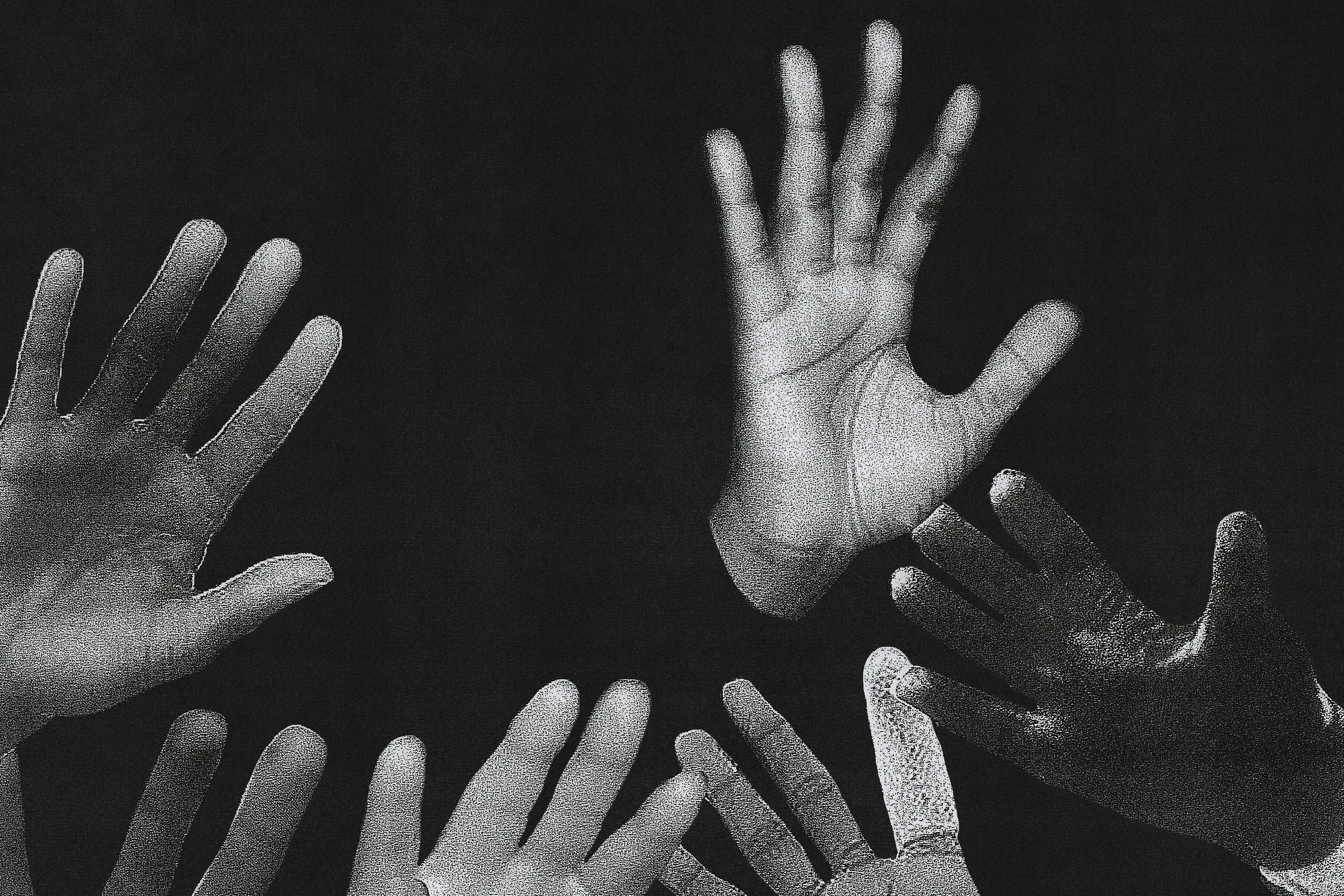
Kendrick uses deep fake technology to transform into several Black male celebrities in his music video for “The Heart Part 5” – some more questionable and topical than others. 4 of these celebrities include Jussie Smollett, Kanye West, Will Smith, OJ Simpson – after opening the video with an “I am. All of us” quote. Many took to the internet to discuss why exactly Kendrick chose these men, especially alongside the message that Kendrick views himself in all of them.
The concept of cancel culture came into public discourse around 2017, following the #metoo movement. A public backlash, followed by public critique and “cancellation”. Boycotting problematic businesses or individuals has been an effective tool of many social justice movements, when earlier calls for accountability have not worked before. But in this era of cancel culture, many feel as if it misses the mark, and encourages disproportionate and unjustified action.
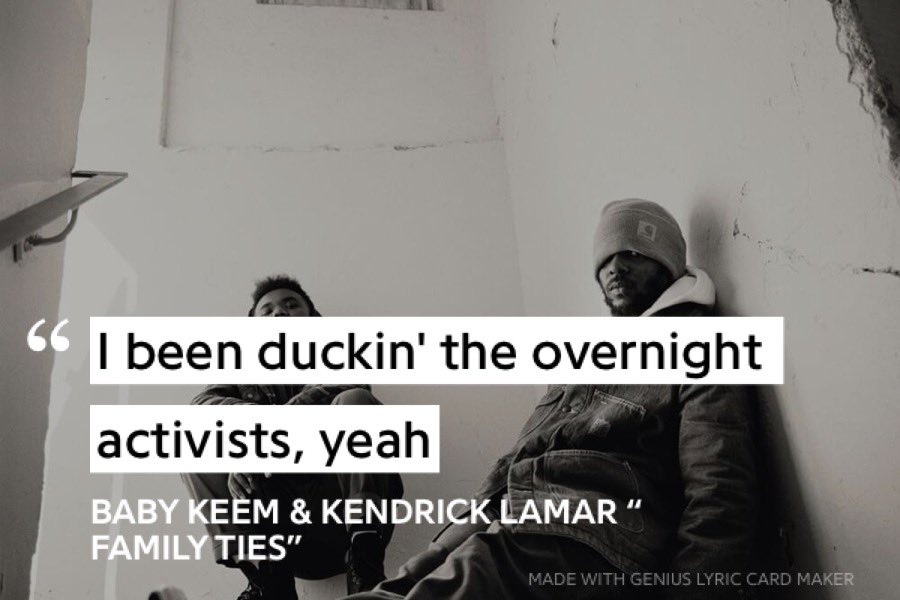
Understandably, there are many critiques of cancel culture – for it’s mob mentality, which is often void of empathy and seeks out to take down people, and their careers. Nobody has been more vocal about this than than the celebrities themselves.
Conversations about how “harmful” cancel culture is, however, are always selective. Free speech is not dead – people are talking, and nothing is stopping them. Even the silencing and censorship on social media is not enough to stop celebrities from voicing their harmful opinions.
Similarly to the message conveyed in Kendrick Lamar’s music, and recent video, Diddy has recently joined in the “anti cancel culture” movement, in stating that he is trying to “uncancel the cancelled”, by helping give Travis Scott his voice and platform back.
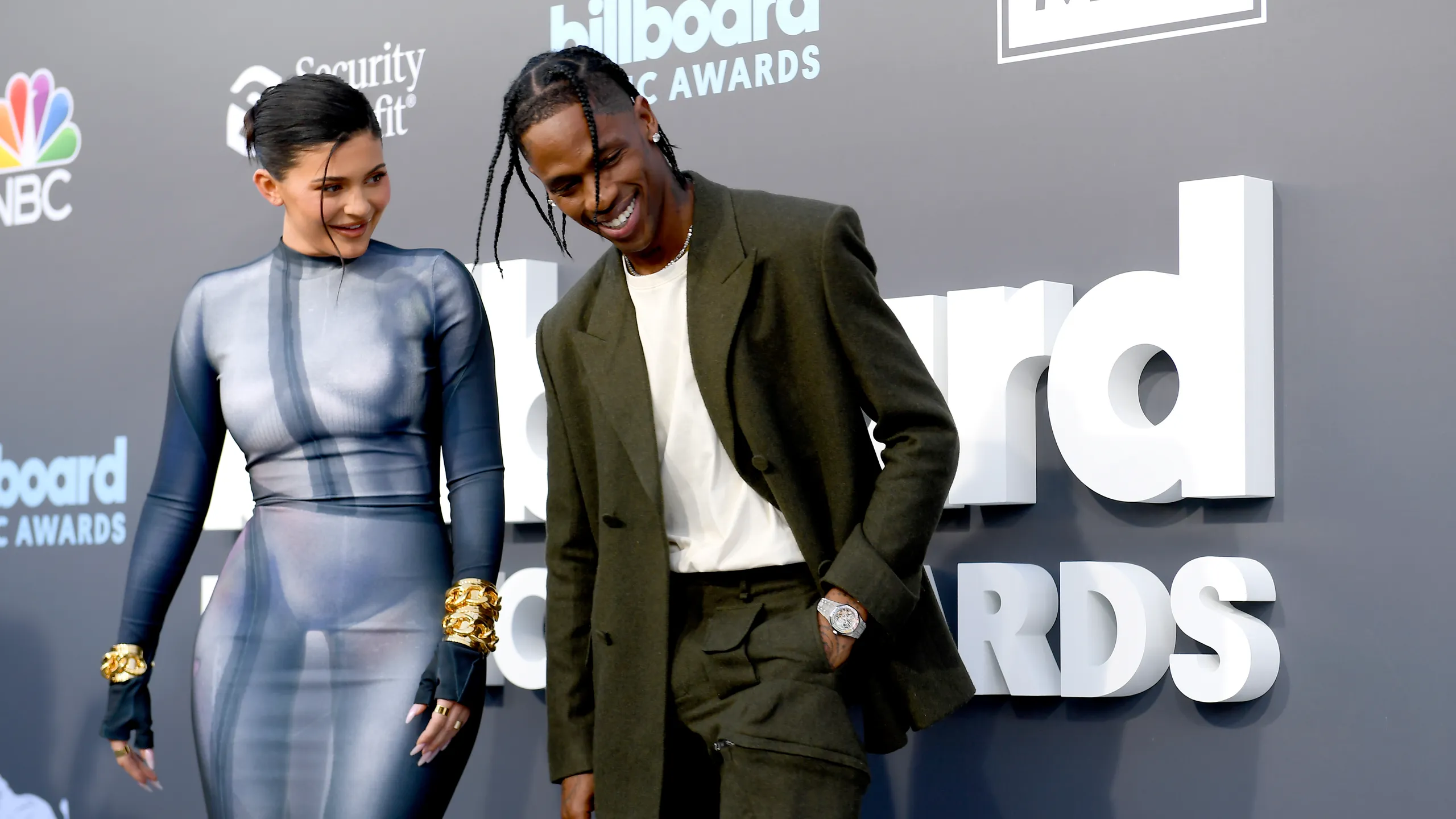
“As a musical family, none of us are saints; none of us are without things that happen to them in life. So one of the things I’m doing directly is un-canceling the canceled,” Diddy told Billboard. “That’s breaking news because people haven’t been about uncanceling. But canceling is a trend that needs to stop.”
Not only this, he even goes far enough to connect the Astroworld tragedy to a country star being filmed saying the N-word earlier last year, arguing that the two men deserve to be platformed at the Billboard Music Awards, and how harmful cancel culture has been to their careers.
There is a certain affixation that some Black male celebrities have with being the ones to exonerate those who have landed themselves in trouble with the public – whether or not they come from their own communities. Diddy highlights that his actions are “breaking news” because no one else is going as far as him to uncancel people – he has to be the first. The saviour for the cancelled. The one to rehabilitate those that have been “wrongly” vindicated.
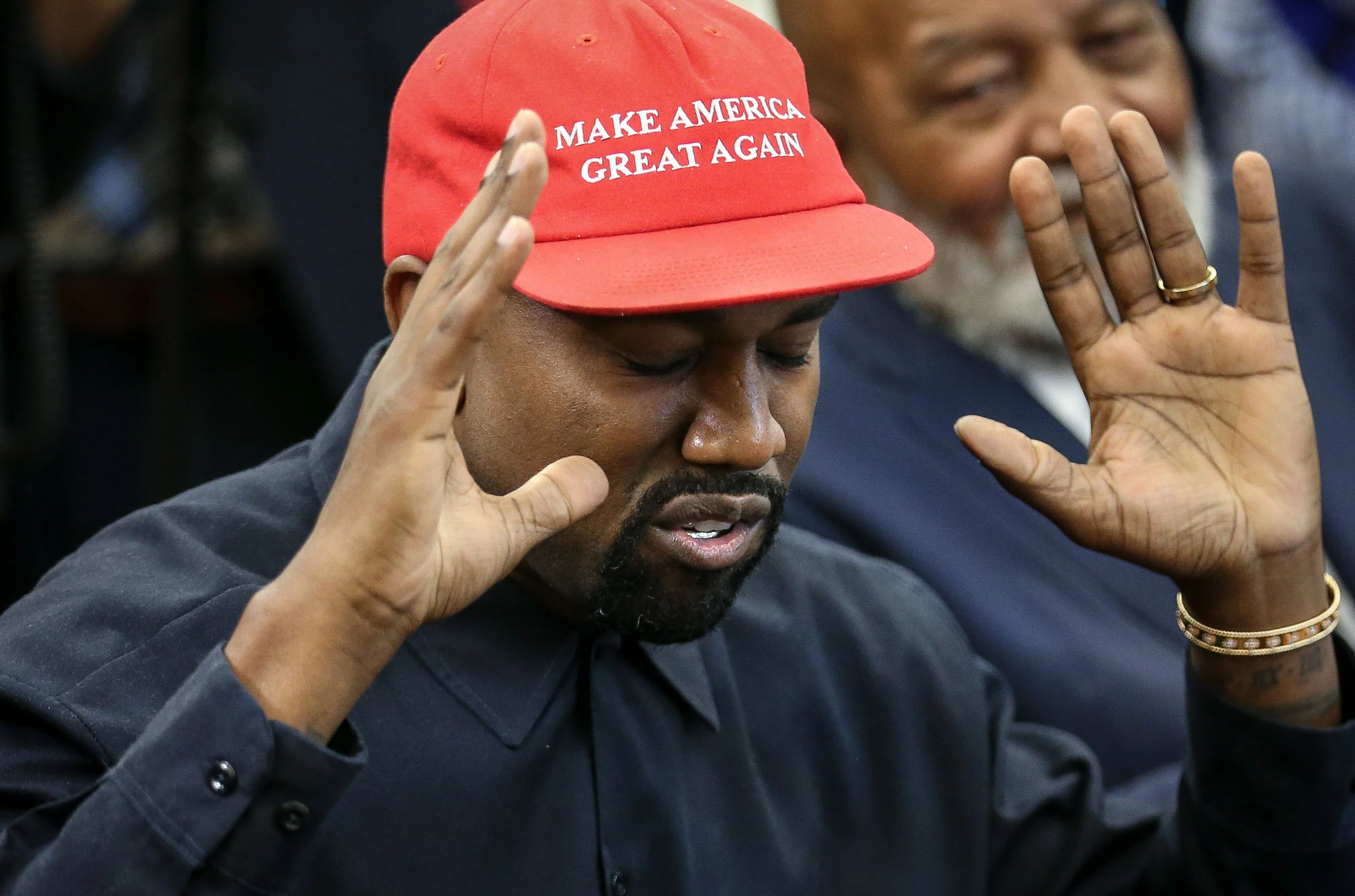
Celebrities like Travis Scott, Tory Lanez and Kanye West, for example, are not being “cancelled” for the sole reason that they are Black men. The proportion of the backlash in mainstream media is dictated by this – but it is never the sole reason. In their cases, and in most cases of celebrities being “cancelled”, it’s because their words and actions were harmful and they must be held accountable for them.
Whilst Kanye West continues his current religious musical and personal era, he has been seen several times performing spiritual and introspective lyrics, whilst stood next to Marilyn Manson – a man charged for sexual assault. He also stood firmly against the public backlash releasing their song titled “Jail” which also features DaBaby – who was publicly “cancelled” for his transphobia and violence against women.
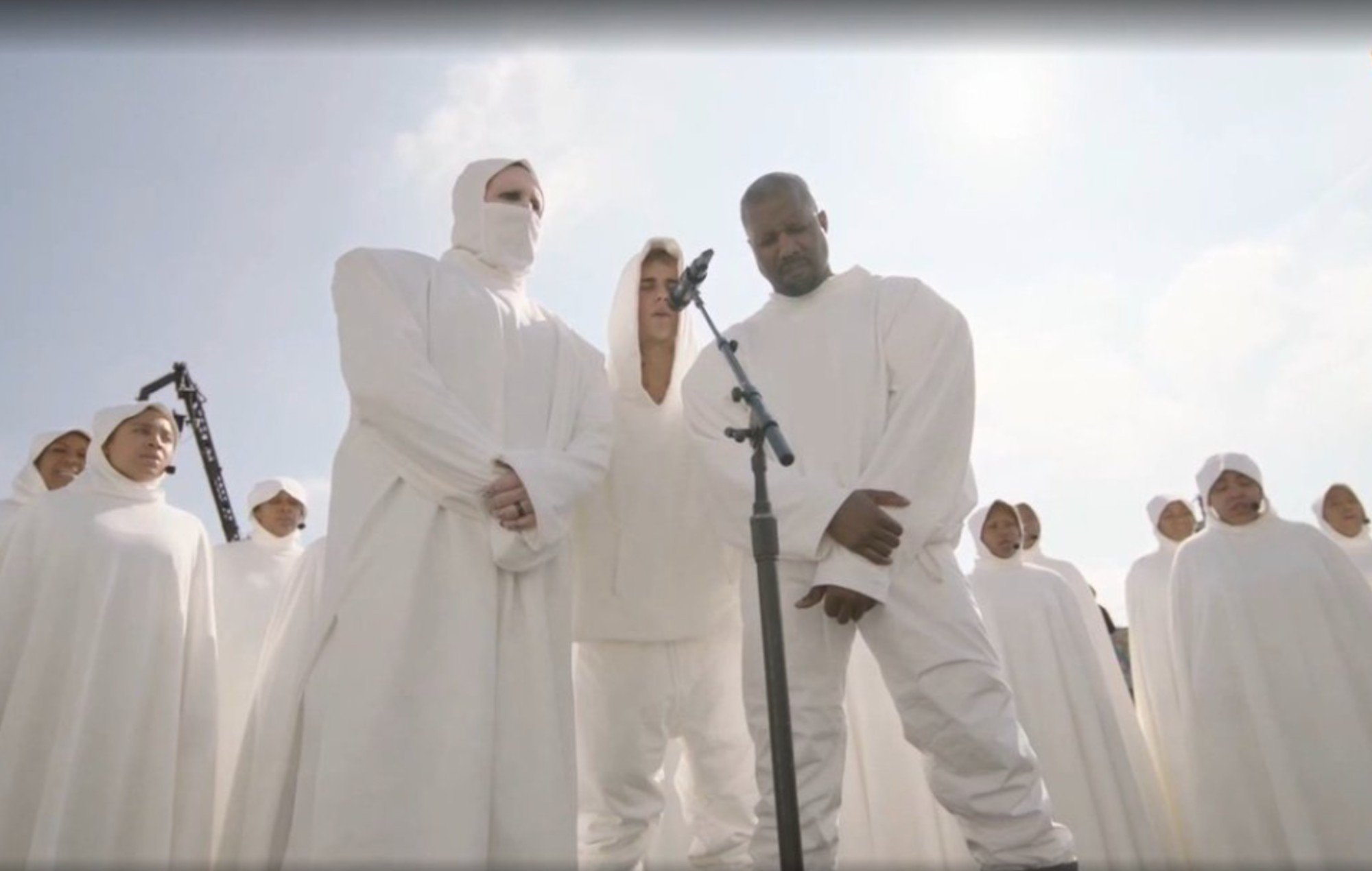
What is the use to Kanye’s audience and community in him aiming to re-welcoming these two men back into the culture? Hysteria, and such divisive acts are ultimately a business move – it gets people talking, hence why so many discussions like this have taken place. It’s exactly what was intended. But where do these celebrities miss the mark when it comes to public backlash against such individuals? What’s not clicking?
Calling celebrities out for their behaviour is not cancelling them. If any celebrity were to be truly cancelled, or if cancel culture was genuine, they would not have the same access, power and influence that they continue to have. Because clearly, when s*** hits the fan, everyone is still a fan.
Check out the GUAP Arts & Culture section, to discover new art, film, and creative individuals.




![ZINO VINCI’S ‘FILTHY & DISGUSTING’EP BRINGS YOU TO THE CORE OF THE ARTIST [@ZinoVinci]](https://guap.co/wp-content/uploads/2023/10/Zino-4.jpg)

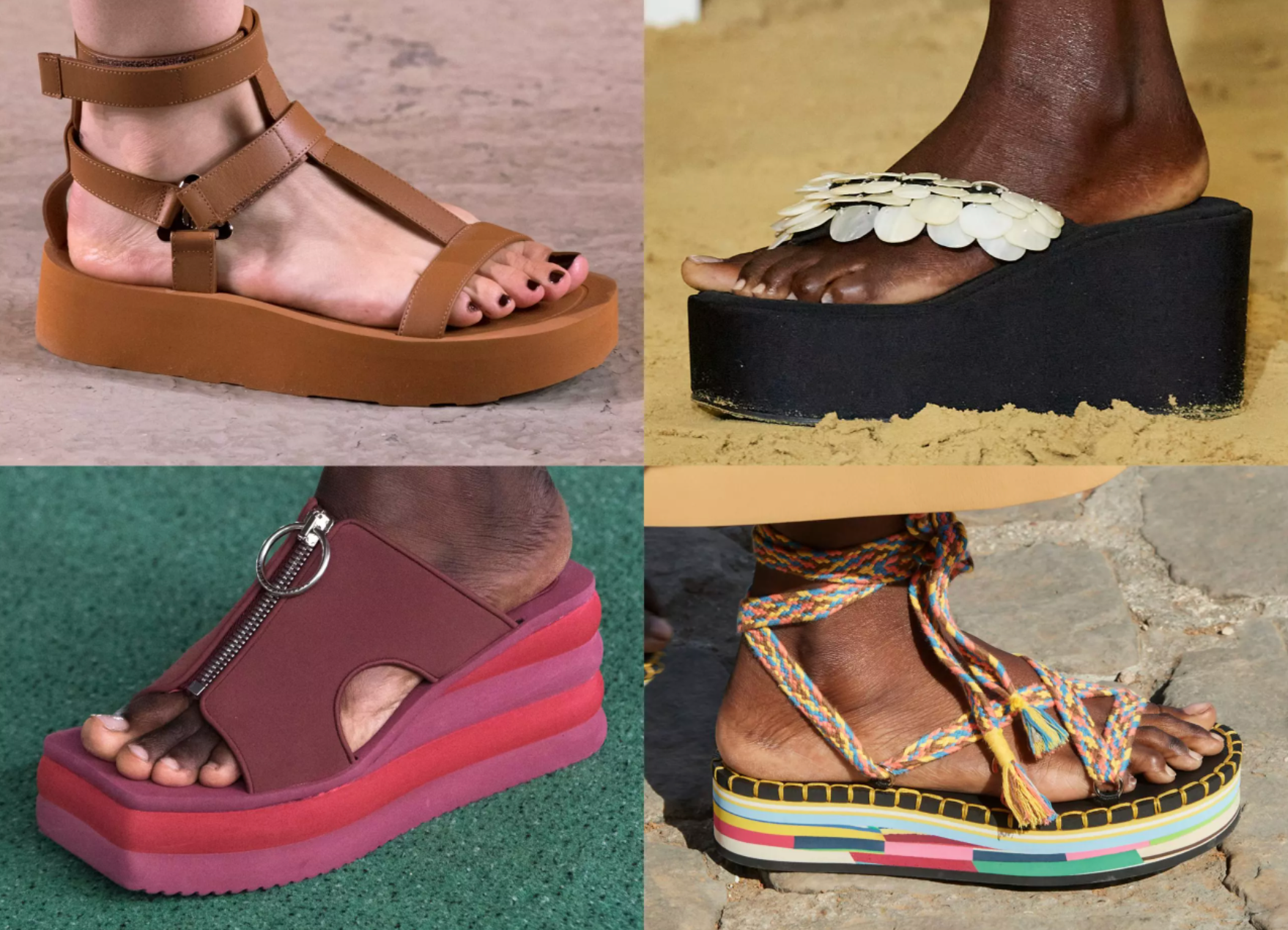
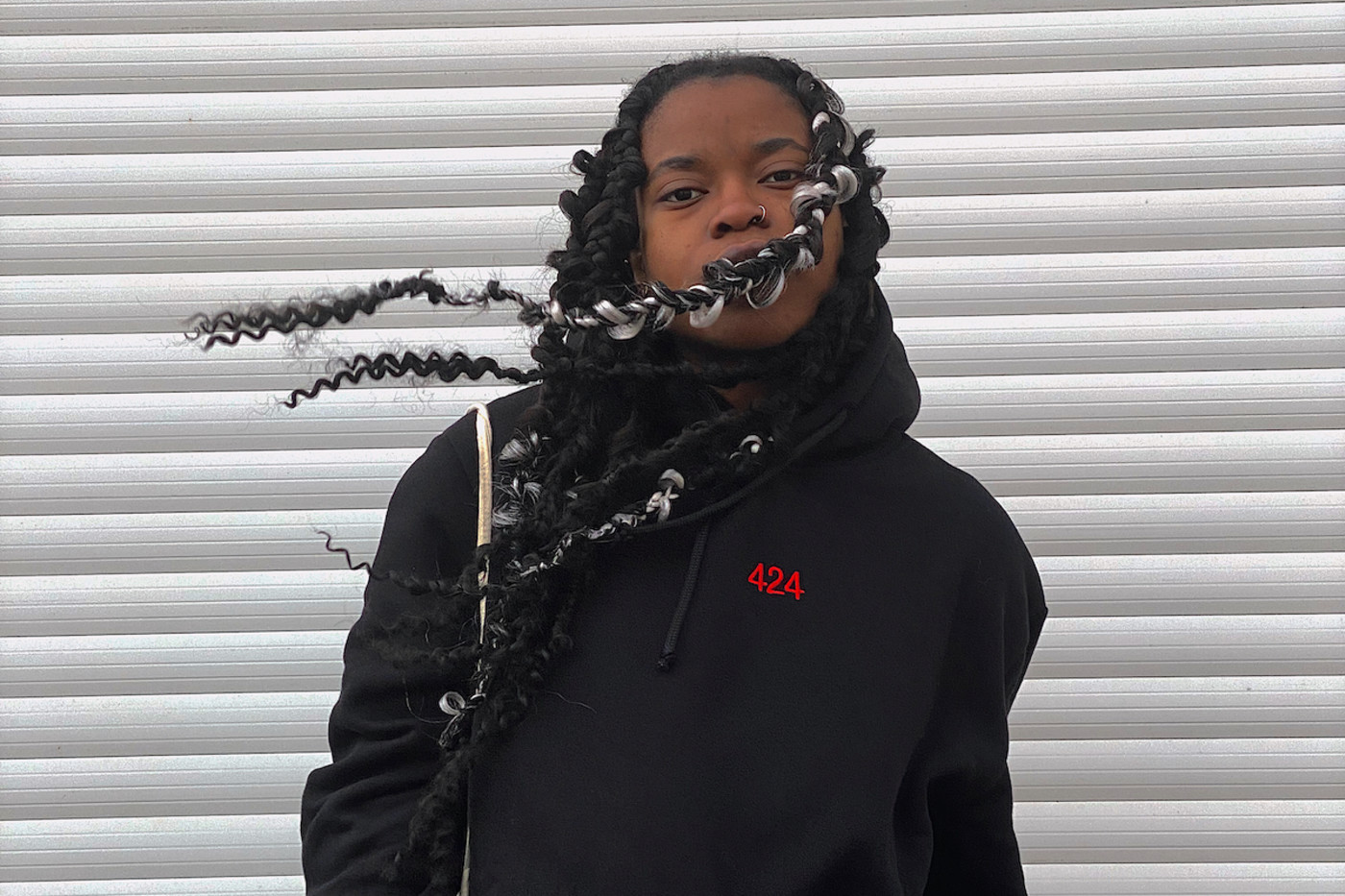


![Remel London’s [@Remel_London] “Mainstream” is a must attend for upcoming presenters!](https://guap.co/wp-content/uploads/2017/02/REMEL-LONDON-FLYER-FINAL-YELLOW-COMPLETE-1.png)